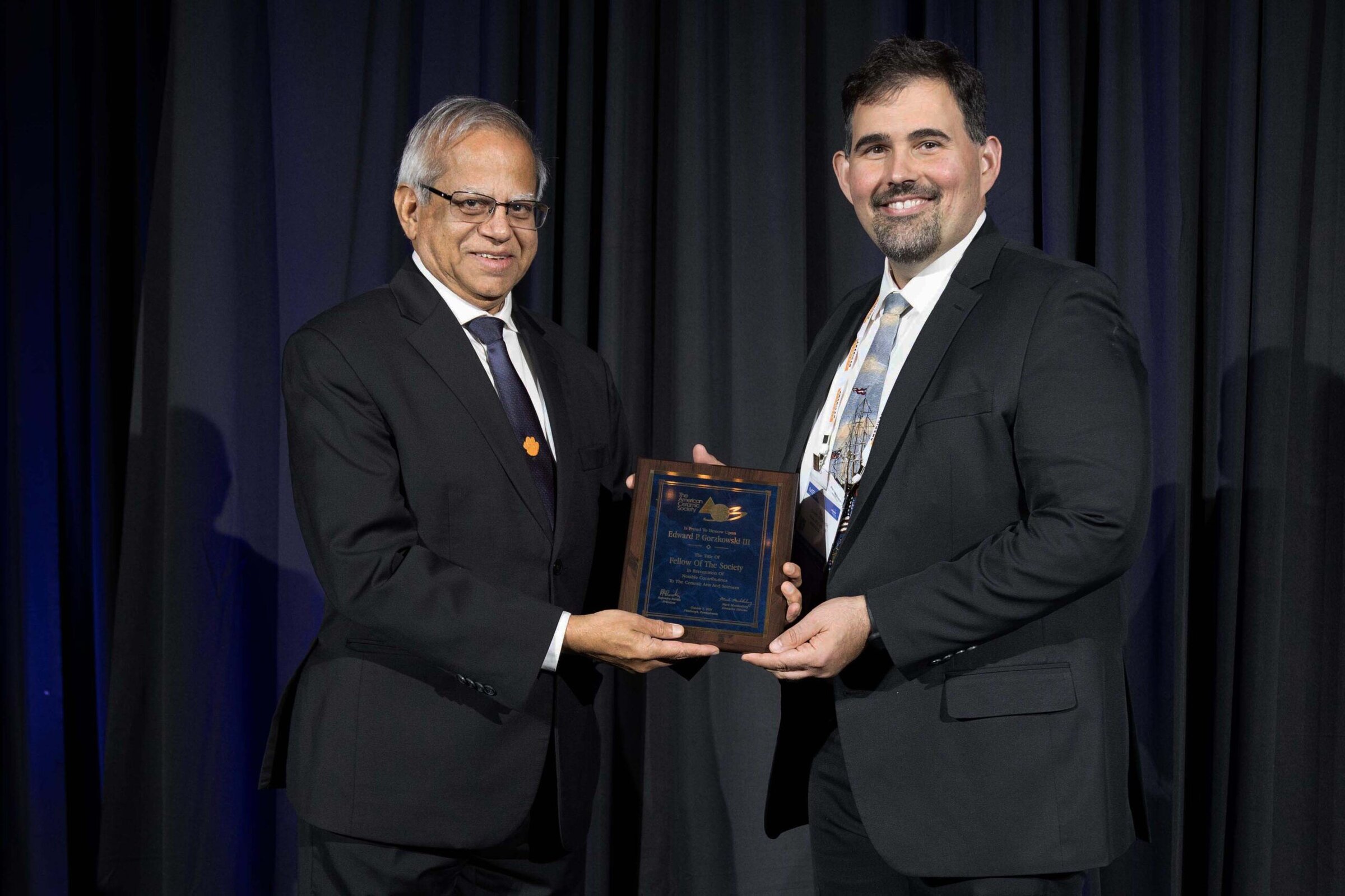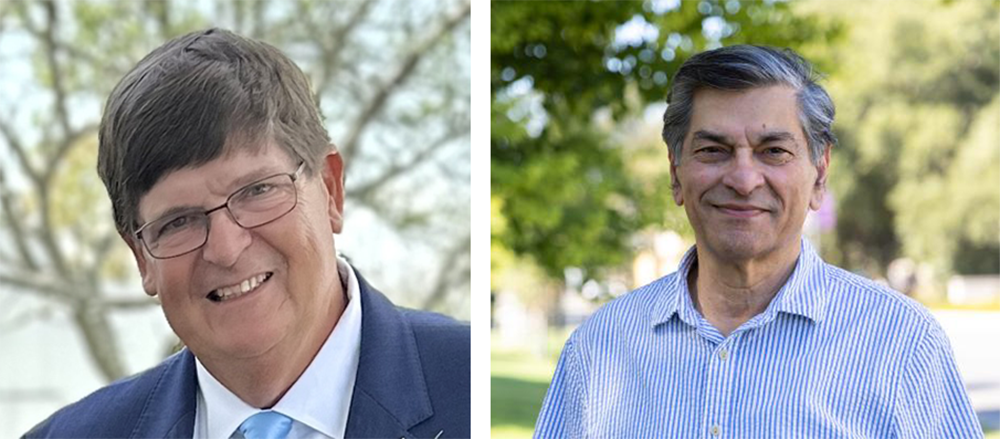NEW DATE: March 30, 2023
10:00 a.m.
Presented by Sharon Uwanyuze
Register for free at this link.
Refractory ceramics for metallurgical applications have to withstand severe corrosion and thermomechanical stresses. During investment casting of titanium alloys, metal-mold reactions occur with most conventional refractories. Unfortunately, such reactions impair the knock-out removal process of the cast part, cause detrimental changes in the alloy microstructure, and limit near-net-shape casting. I will discuss different approaches that are taken to mitigate these reactions, and focus specifically on improving ceramic mold materials. For example, I will show results from my research work how an advanced perovskite refractory, strontium zirconate, is a very promising mold material for preventing metal-mold reactions with Ti6Al4V compared to conventional alumina-based molds. I will also present how we developed a robust and relatively uncomplicated procedure to predict and examine the liquid-solid and solid-solid interactions between the titanium alloys and refractory ceramics of interest. Mitigating metal-mold reactions is important for saving time and costs associated with the mechanical or chemical removal of the reaction layers.

Sharon Uwanyuze
Sharon Uwanyuze is currently finishing up her PhD in Materials Engineering, where her research has been on understanding the role of material composition in high-temperature reactions between ceramic oxide molds and titanium alloys during melting and casting.
She is fascinated by the interconnectedness of the structure-processing-properties-performance paradigm of materials, and she seeks to learn and apply her findings to various fields. Sharon worked as an R&D Intern at Reno Refractories Inc., and a Corrosion Intern at Oak Ridge National Lab. She is now searching for full time jobs that require ceramics and non-ferrous metallurgy expertise.
Outside the lab, Sharon serves as the President of the UConn Grad Black STEM, a peer-learning community of graduate students that seeks to increase the number of culturally responsible Black scientists who excel academically, succeed professionally, and positively impact the community.
Author
Vicki Evans
Spotlight Categories
- Section News
U.S. Sections
- Washington DC/Maryland/Virginia


